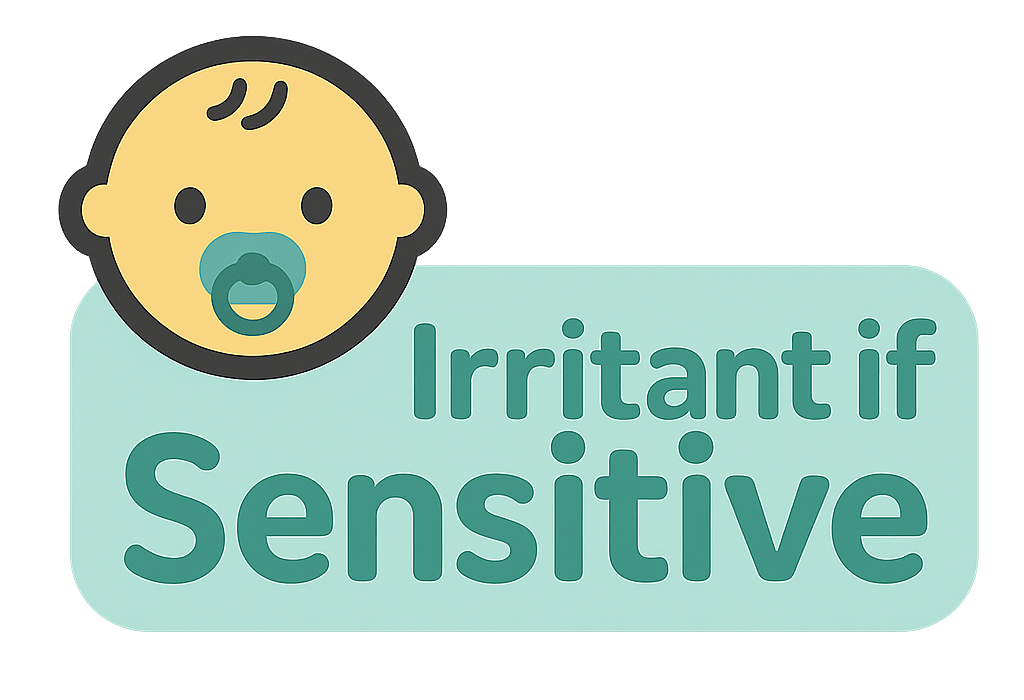Check for Different Age (6 available)
Is this safe for adults to use Butylparaben?
ℹ️General Overview
For adults: butylparaben has meaningful safety concerns. Some authorities consider it a hormone-disrupting chemical and studies in animals show effects on reproduction. It can also cause skin allergic reactions in some people. Occasional, limited use on small skin areas at low concentrations is generally what regulators allow, but it is not risk-free.
✅What to Do
If you are an adult and choose to use a product with butylparaben: use products as directed, avoid applying to broken or irritated skin, do a small patch test before widespread use, avoid heavy or daily use over large body areas, and consider choosing paraben-free options if you are pregnant, trying to conceive, or want to minimize hormone-related exposures. If you get a rash, stop use and see a doctor.
⚠️Warnings
Watch for skin redness, itching, or rash — butylparaben has evidence of causing skin allergy (peer-reviewed studies). Be cautious if pregnant or trying to conceive — some agencies classify butylparaben as an endocrine disruptor or possible reproductive risk (European Chemicals Agency and other regulatory opinions). Some countries or expert panels limit its concentration in cosmetics or restrict its use in products for very young children — avoid using products for infants and young children that contain parabens. Also avoid layering many products that each contain parabens because total exposure can add up.
Are you holding the product?
Scan the full ingredient label and understand if it's safe for your child.
Safety Risk Labels
This ingredient has the following documented risks:








Tap or hover over labels to see detailed risk information.
Alternative Names for Butylparaben
This ingredient may also be listed as:
Always check ingredient labels carefully, as ingredients may be listed under different names.
Common Questions About Butylparaben
Is this safe for adults to use Butylparaben?
Butylparaben is not recommended for adults due to potential safety risks.
What are the hormones risks of Butylparaben for adults?
May mess with natural hormone development in babies and children.
What are the confuse hormones risks of Butylparaben for adults?
Acts like fake hormones in the body, confusing natural signals.
What are the fertility risks of Butylparaben for adults?
Some studies link this to future fertility or reproductive issues.
What are the immune system risks of Butylparaben for adults?
Could weaken or confuse immune system.
What are the irritant risks of Butylparaben for adults?
Can cause skin redness, itchiness, or rashes—especially on sensitive baby skin.
What are the eczema risks of Butylparaben for adults?
Linked to triggering or worsening eczema and similar skin conditions.
What are the banned risks of Butylparaben for adults?
Banned or heavily restricted in one or more countries.
What are the environmental risks of Butylparaben for adults?
Possible negative effects on the environment
What products contain Butylparaben?
Butylparaben is commonly found in skincare products, cosmetics, and topical applications. Always check ingredient labels before use.
When can adults using products with Butylparaben?
The appropriate age depends on the specific ingredient properties and concentration. This analysis is for adults. Use the age selector above to check other ages.
Want to scan another product?
Use our camera scanner to analyze more ingredient labels
Scan Another Product